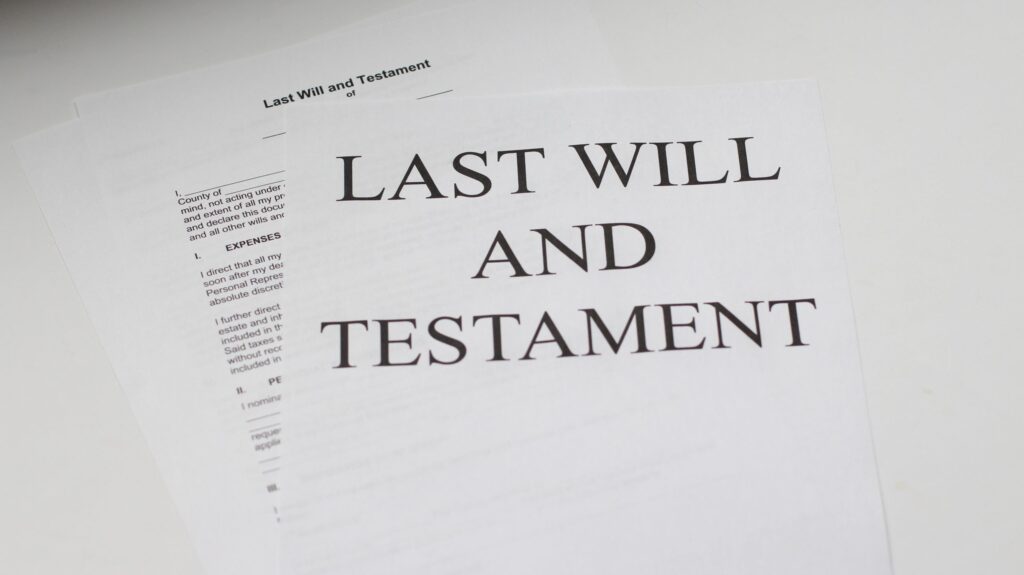As we approach the end of the year, it’s not uncommon to ruminate and reflect on our lives and legacies. There is no better way to ensure that your legacy lives on, with your wishes intact, than by clarifying your values and wishes through a comprehensive estate plan. Whether thinking about revising your estate plan due to major life events, such as a birth of a grandchild or a child’s divorce, or getting your first estate plan done, this time of the year is ideal.
The discussions needed to create an estate plan are difficult to have, whether with ourselves, our loved ones, or legal counsel. These discussions focus on the possibility of our death or incapacity, family issues that may be present, and various other tough decisions. For example, the Last Will and Testament ponders the reality of what happens when we are no longer alive. Deciding what to give, how much, and to who is a difficult (and touchy) subject. Such touchy topics and tough decisions often lead to avoiding or procrastinating these subjects.
Unfortunately, procrastinating the preparation of an estate plan may prove consequential. There may come a day where you are unable to execute a Will or ancillary estate planning documents because you do not have the requisite capacity: whether by old age, an unforeseen accident, or illness. It’s essential to understand that your capacity is important, and without it, your Will is invalid.
“Testamentary Capacity” and the Requirements of a Will
A Will should be in writing, signed, and witnessed by two or more individuals. None of these requirements matter, however, if the “testator,” or the Will’s creator has no capacity. This is one of the predominant issues that families run into in estate litigation: was your loved one in the right mental state to create their Will? Were they able to understand the document they signed?
These cases mostly center on older adults executing their Will toward the end of their life, when concern as to their capacity may be raised. It is not uncommon for older adults to experience moments of incapacity, yet not be totally incapacitated. A momentary lapse of capacity can be caused by any number of things: hospital stays, infections, medications, and various other medical and mental conditions.
Unfortunately for most, it is not until they reach an advanced age that they decide it is time for a Will. So how can older clients be assured that they have the capacity, and their Will is valid?
When executing your Will, the only capacity you need is testamentary capacity. Testamentary capacity is shown when a client can communicate clearly to their attorney and identify the following things:
- Their assets;
- How they wish to distribute their assets; and
- The consequence of such distribution.
In Maryland, the executor only needs a moment of testamentary capacity to sign and execute their Will. If your attorney has concerns about your capacity, or the lack thereof, he or she may request that you go to a doctor and get a certificate of capacity to protect your documents from any accusations of illegitimacy. Your attorney may also make observations and ask you certain questions at the time of signing that help establish that you have testamentary capacity.
If you or a loved one are concerned about the possibility of losing capacity due to advanced age, disease, or by an unforeseen accident, it is highly recommended that you consult with an estate planning attorney, sooner than later, to begin preparation of your Will and other estate planning documents. Attorneys fulfill the role of advisor and are able to help clients prioritize their wishes. While it may be overwhelming to the client, attorneys are well-seasoned in the art of planning for these scenarios and are able to make the process easier.
For more information, contact the Davis, Agnor, Rapaport & Skalny attorney with whom you typically work, or one in our Estate Planning Practice Group.

